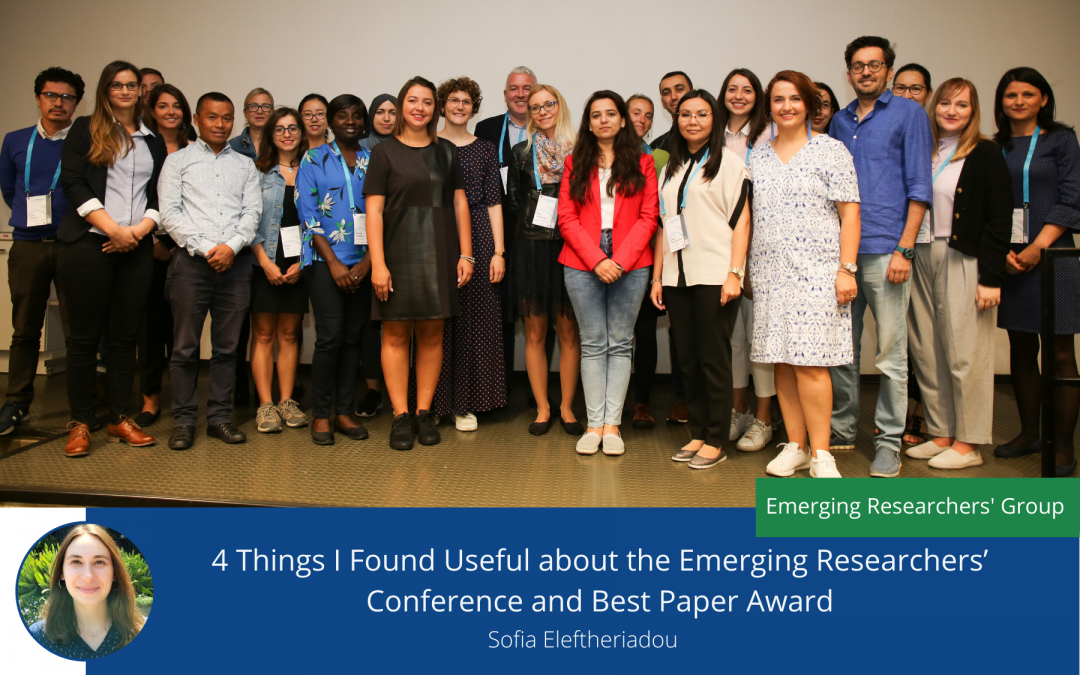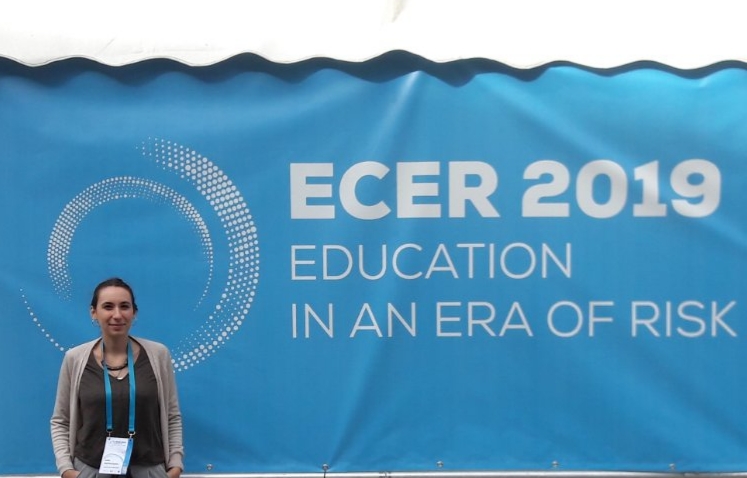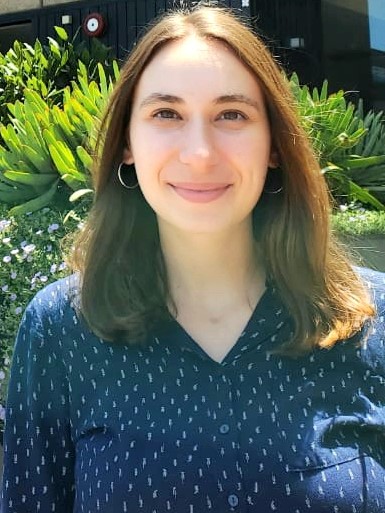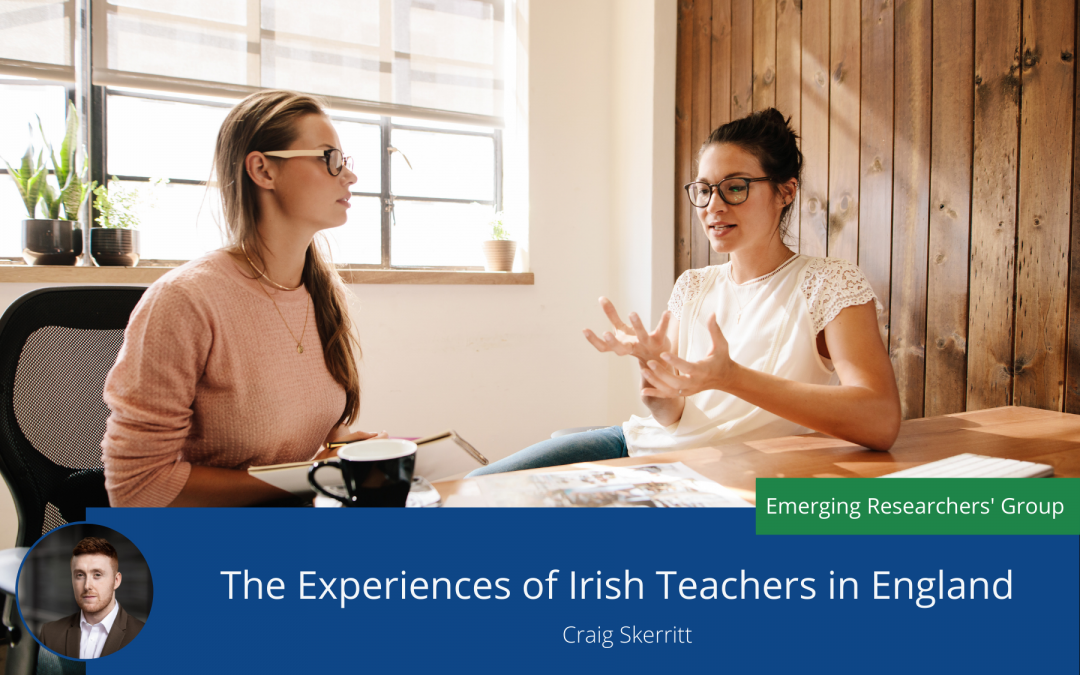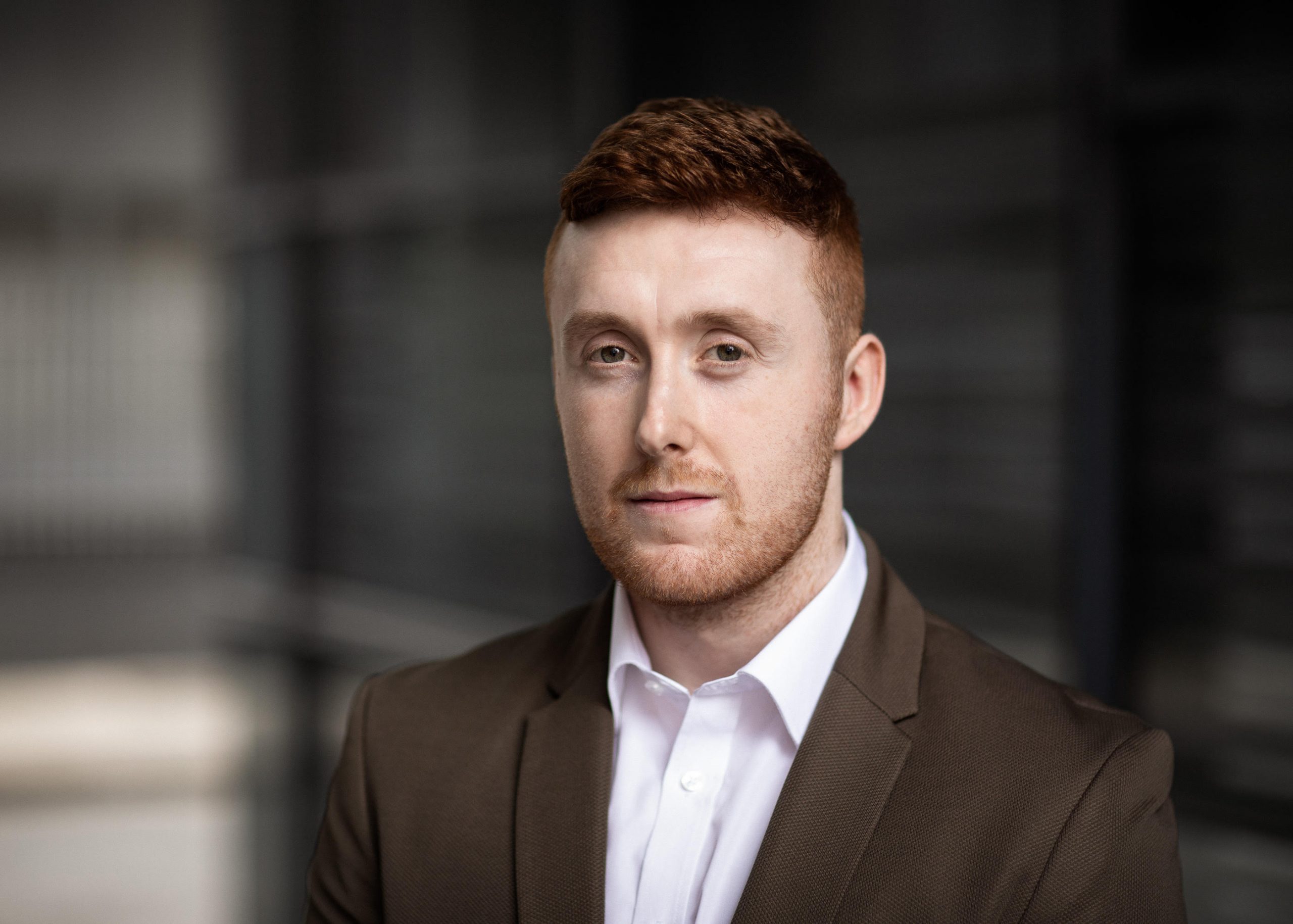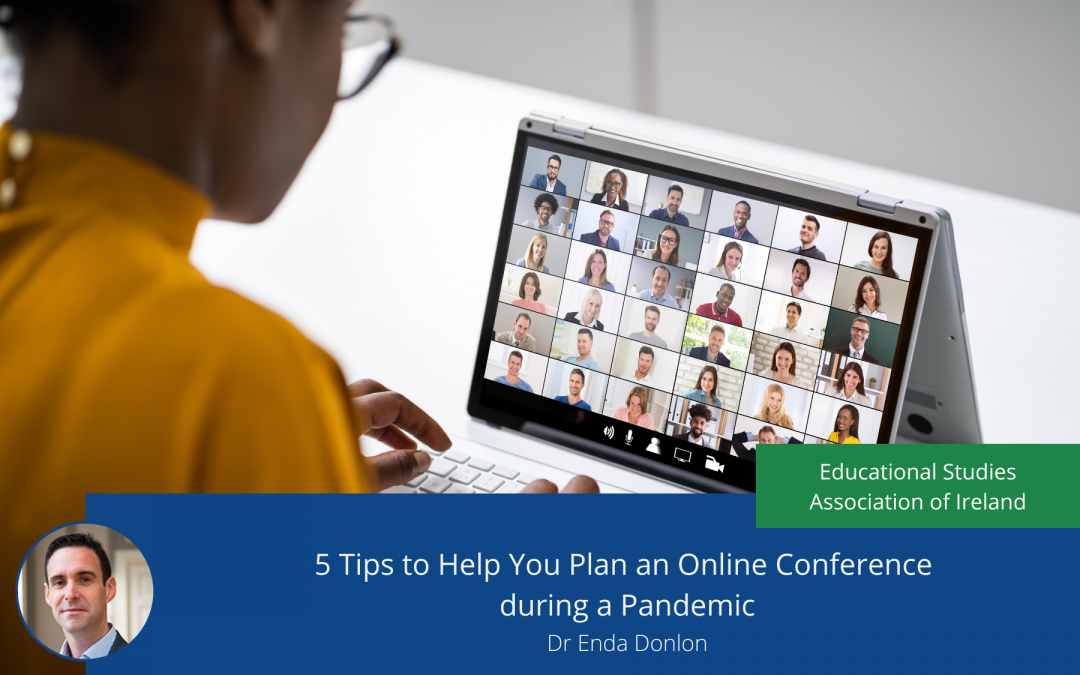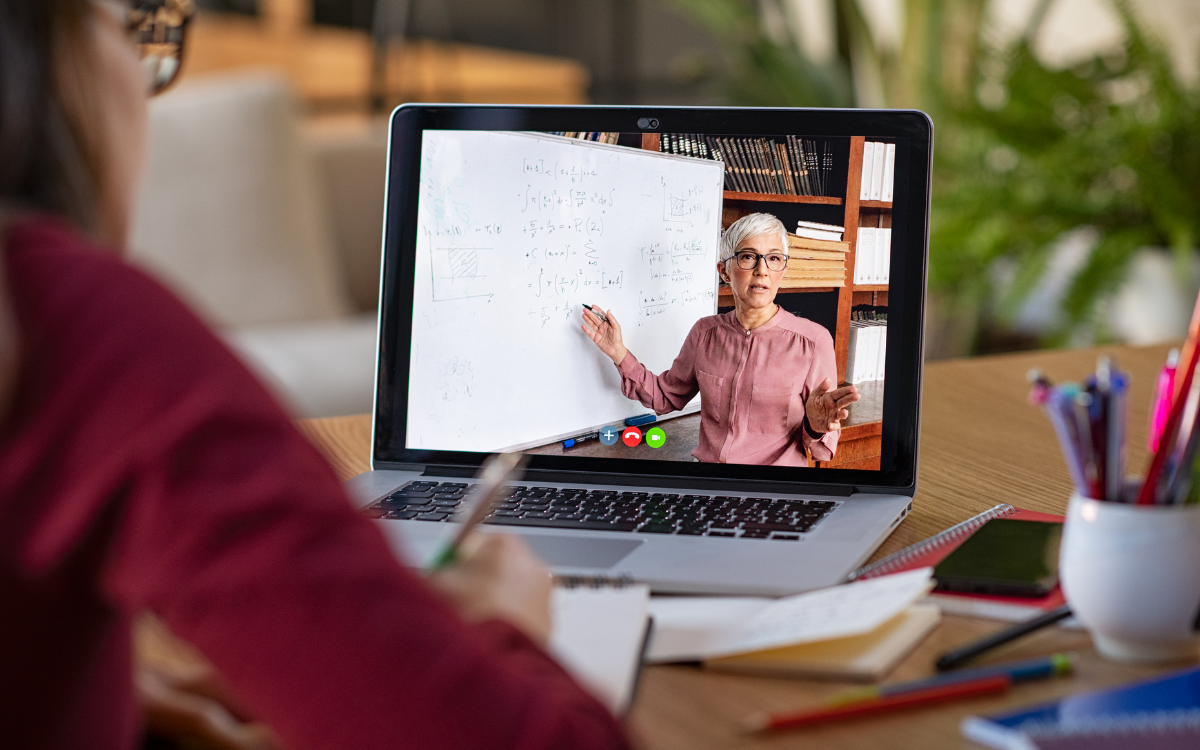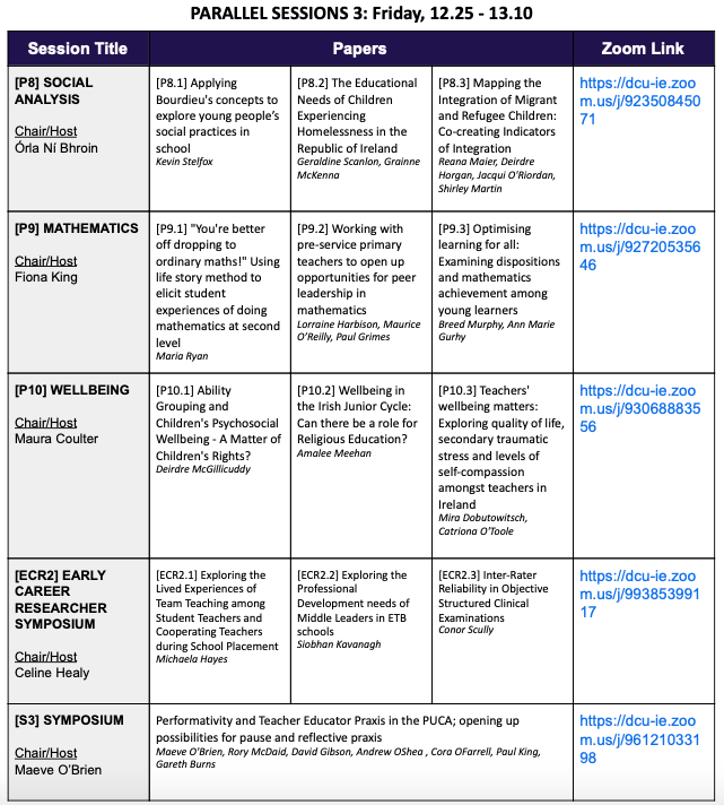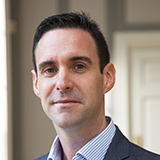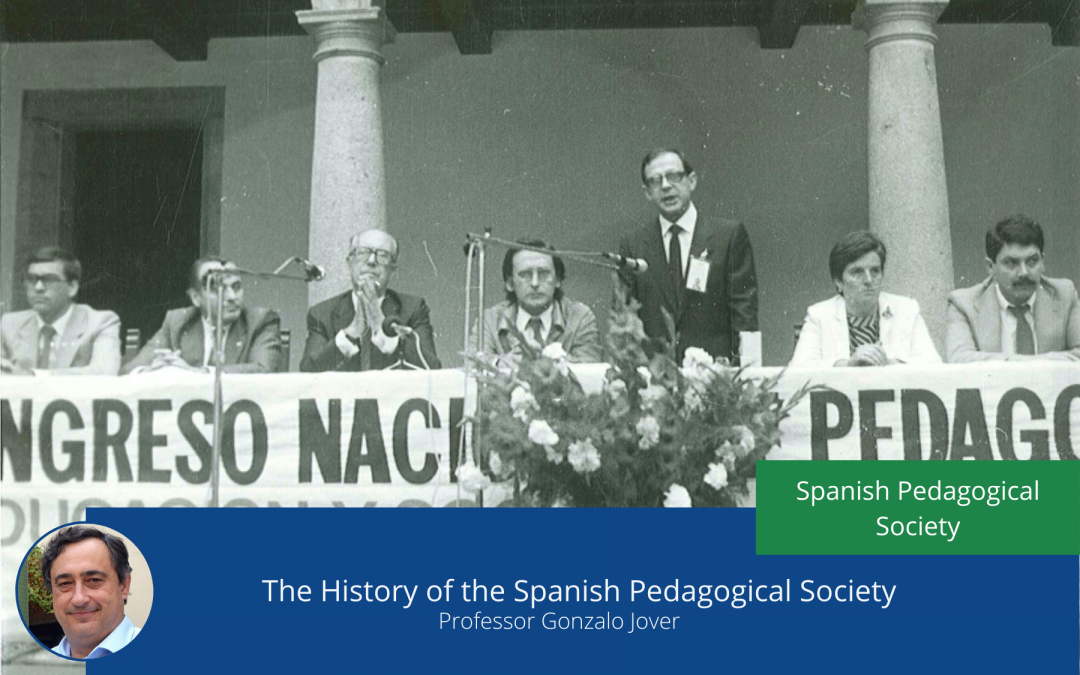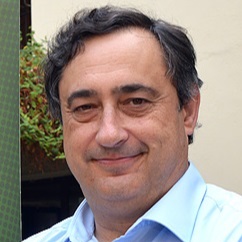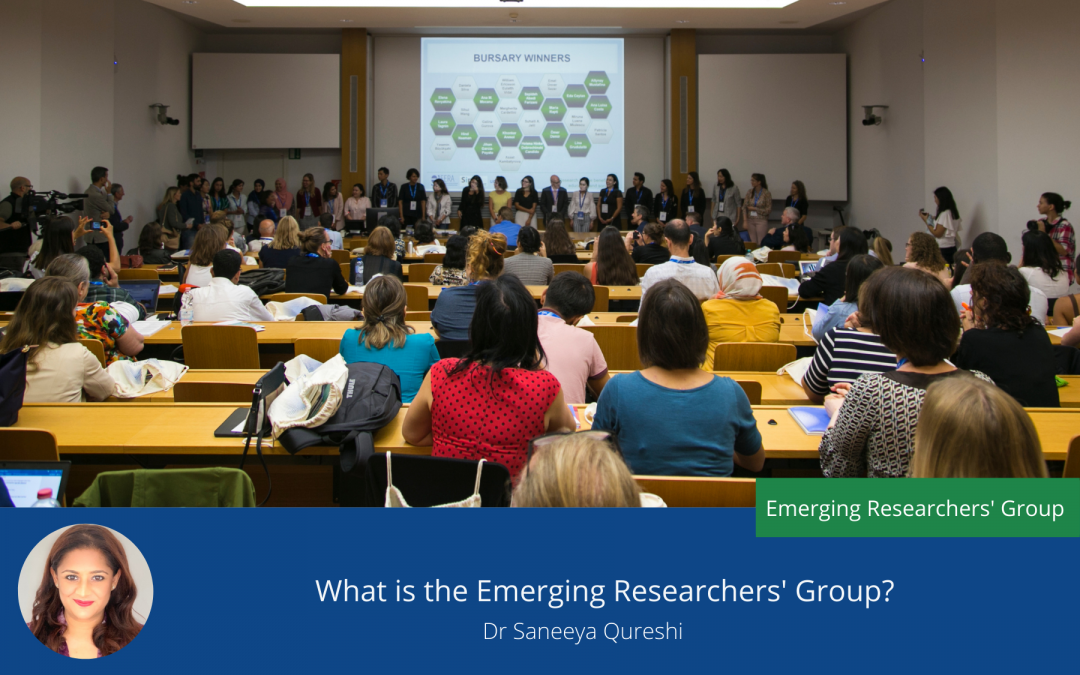
What is the Emerging Researchers’ Group?
You may have read about the Emerging Researchers’ Group (ERG) on our blog or website and want to know more. What is the Emerging Researchers’ Group, why was it set up and what are it’s aims and achievements. We asked Convenor Saneeya Qureshi to tell us more.
A Brief History
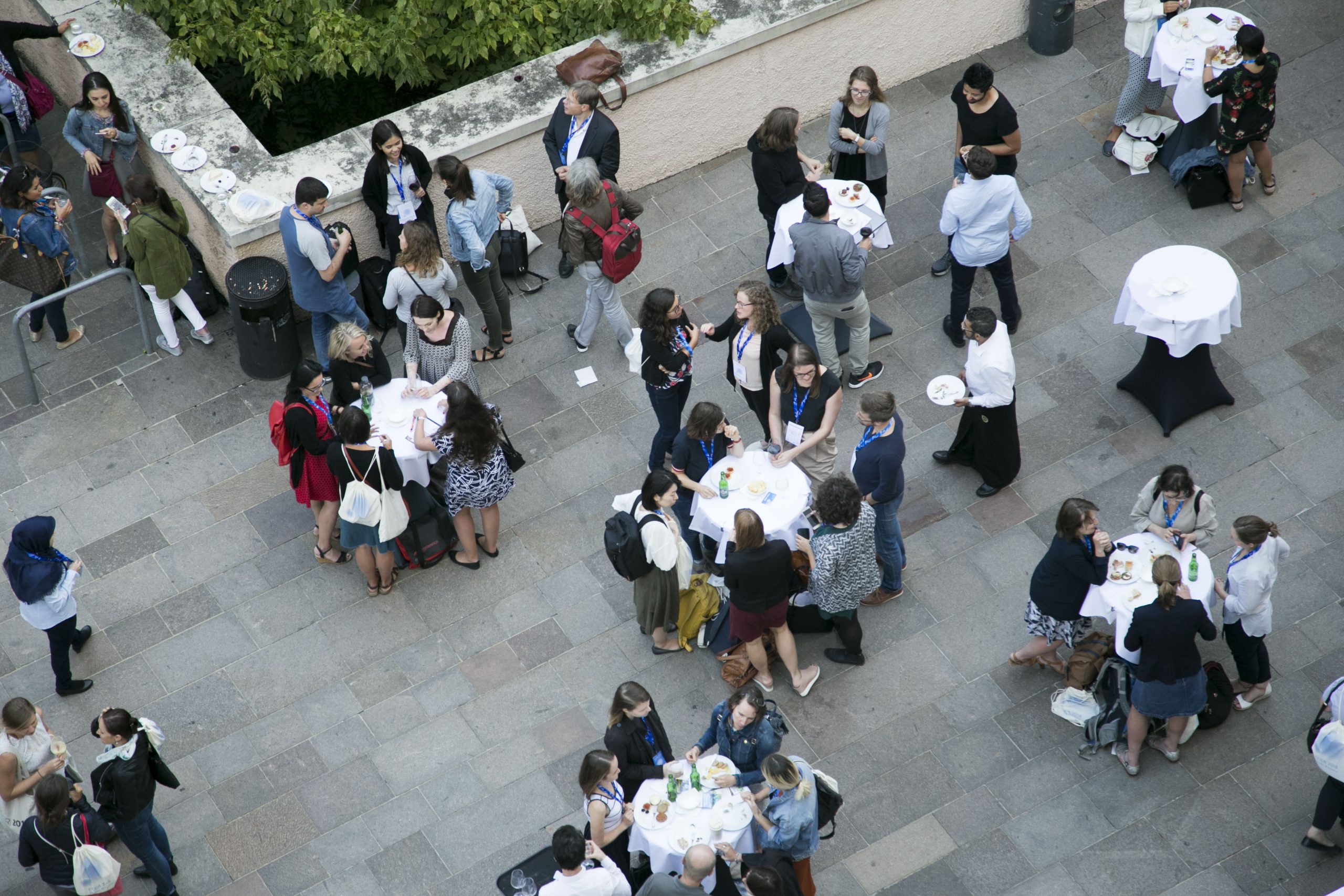
The Emerging Researchers Group (ERG) began life as the Postgraduate Network (PGN) in 2002. The remit of the PGN was to support postgraduate students; this support focussed mainly during the ECER pre-conference. With time, the remit, identity and scale of activities of the PGN have evolved as it has grown and diversified.
In 2009, the then pre-conference hosted almost 200 participants from over 15 countries, many of whom were engaged in doctoral studies. Today, a significant number of ERG members are emerging and early career researchers, and the PGN name was changed to the ERG to reflect this fact. The annual Emerging Researchers’ Conference (ERC) now hosts almost 400 participants from over 40 countries, in addition to almost 100 participants during the annual EERA Summer School.
Aims of the ERG
The Emerging Researchers’ Group aims to:
- provide a European research community for Emerging Researchers (including those undertaking a Doctorate)
- provide a forum for the dissemination of Early Career Research at the Emerging Researchers´ Conference
- offer support and guidance for article production via the ‘Best Paper Award’
- offer support for researchers from low GDP countries to engage with ECER
The main strength of the ERG lies in the support it offers to ‘new’ researchers in providing a space for discussion and collaboration with peers across Europe. In addition, it creates a new space in EERA, which allows emerging researchers to be supported to create a strong, independent ‘Emerging Researchers’ forum, which improves EERA’s internal democratic accountability.
Definition of an Emerging Researcher
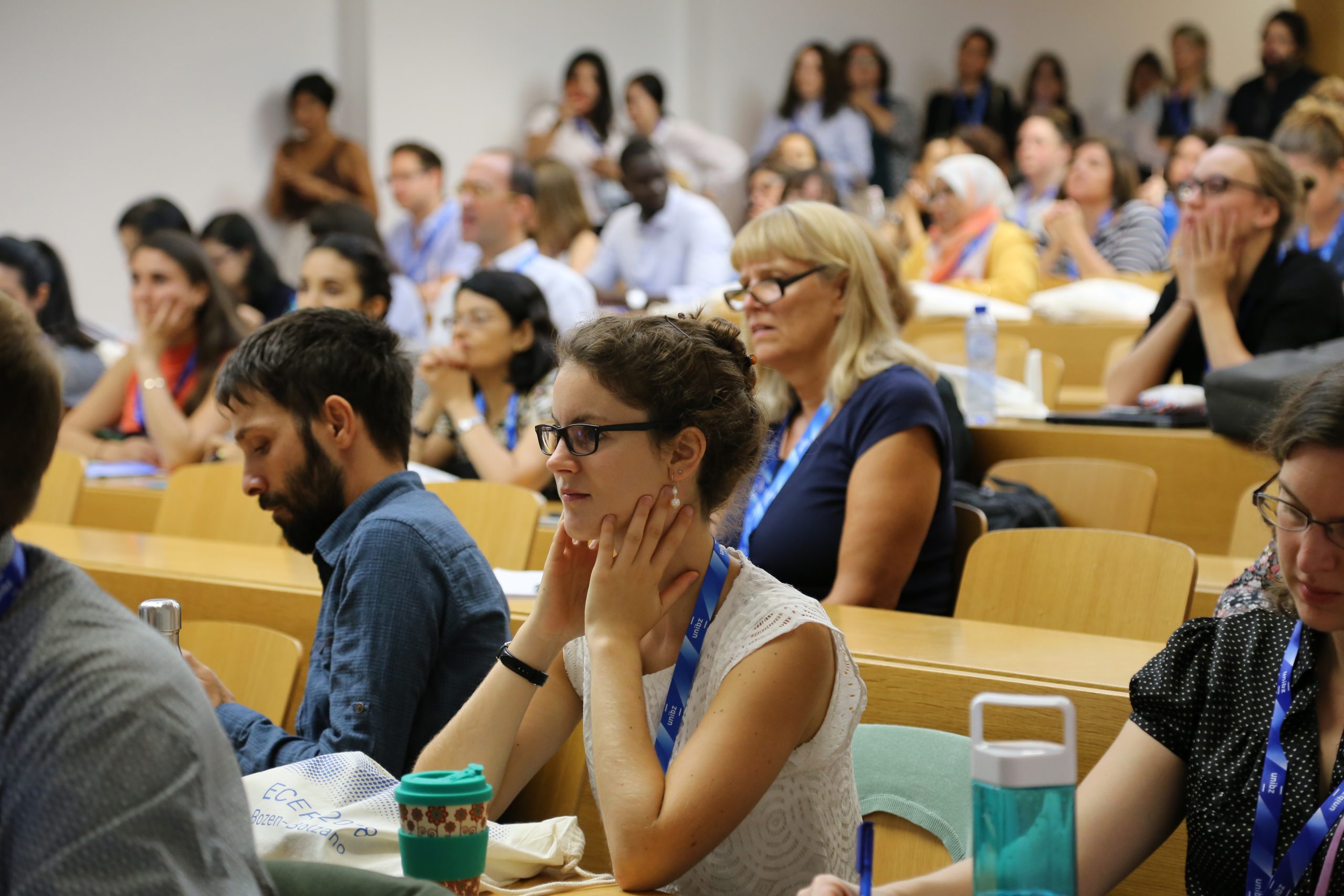
An Emerging Researcher in EERA is someone who, within 5 years of completing a PhD, or during doctoral or master studies or research career, is interested in:
- the broadening of research training and professional development experiences internationally
- exchange of experiences and ideas about research and research training
- development of research projects in collaboration with researchers of different countries
- active participation in a European research community for Emerging Researchers
Members of the ERG are those whose membership details are held within the EERA database, as a result of their participation in ERG activities, including the Conference and Summer School. The annual meeting is held during ECER each year. Year-round contact is maintained between members through email and via the Emerging Researchers’ Group website.
Key Achievements of the ERG
Year on year, various ERG activities challenge participants to reflect on and debate the role of educational research whilst appreciating diversity. The activities are particularly referenced in evaluations for their high-quality discussion, research and collaborative opportunities that they provide to those that attend. The Annual reports can be read here.
ERG activities recognise that emerging researchers are uniquely supported to discuss and debate topical and thought-provoking research projects in relation to the ECER themes, trends and current practices in educational research year after year. The high-quality academic presentations during the ERC are evidence of the significant participation and contributions of emerging researchers to the European educational research community.
By participating in ERG activities, emerging researchers engage with world-class educational research and learn the priorities and developments from notable regional and international researchers and academics. The annual programme of activities is purposefully organised to include special activities and workshops that provide emerging researchers varied opportunities for networking, creating global connections and knowledge exchange, sharing the latest ground-breaking insights on topics of their interest.
Voices of Emerging Researchers
We asked some of the ERG members past and present to tell us about the impact of their engagement with the activities of our group.
“I found it very useful to talk with other researchers and learn about how higher education works in their home countries. It helped me to see a lot of the positives about the education system in my country as well as areas that may need improvement. Although I was sometimes out of my comfort zone in terms of the methodological approach researchers are using, I felt their talks helped to make abstract ideas more concrete. It was also interesting to see that other students are looking at similar topics to my thesis, yet approaching things from a different perspective.”
“[The Emerging Researchers Conference has enabled me] to meet other PhD students from all over Europe and the world and to exchange experiences related to research projects. Learning about differences related to ethics in a European and global context was very interesting. Presenting a poster in a small group was an educative experience, and I received some useful questions and reflections to my project. It was my first time presenting a poster, and I felt it was a really nice atmosphere surrounding the forms of presentations.”
“Being part of ERC and ECER felt so eye-opening, I have learned so much from the sessions and the people I`ve met, I have had access to knowledge & perspectives that it would have taken me much more time to find on my own. The communication, the agenda, the selection of workshops, some of the papers showed that you & your team put a lot of thought into this. Also, even though I am discovering that the research field is imbued with competitiveness, I could see that people were doing their best to support each other in looking for answers to each others’ questions. I liked that! It is encouraging. Now it is up to me to grow from these seeds, and I will do my best. We have a long way to develop good research departments in my country, but with more access, we get better, and I know enough people who are eager to do the work. So thank you, thank you for your part, sustaining ERC. I have been a program coordinator, maybe it is not similar, maybe it is, but I think I know what it takes, from the logistic effort to securing resources, so good job and thank you! If ever gets hard, remember that you are planting seeds in places that you may not even think of.”
Colleagues engaging with ERG activities should prepare themselves to be challenged, excited and inspired.
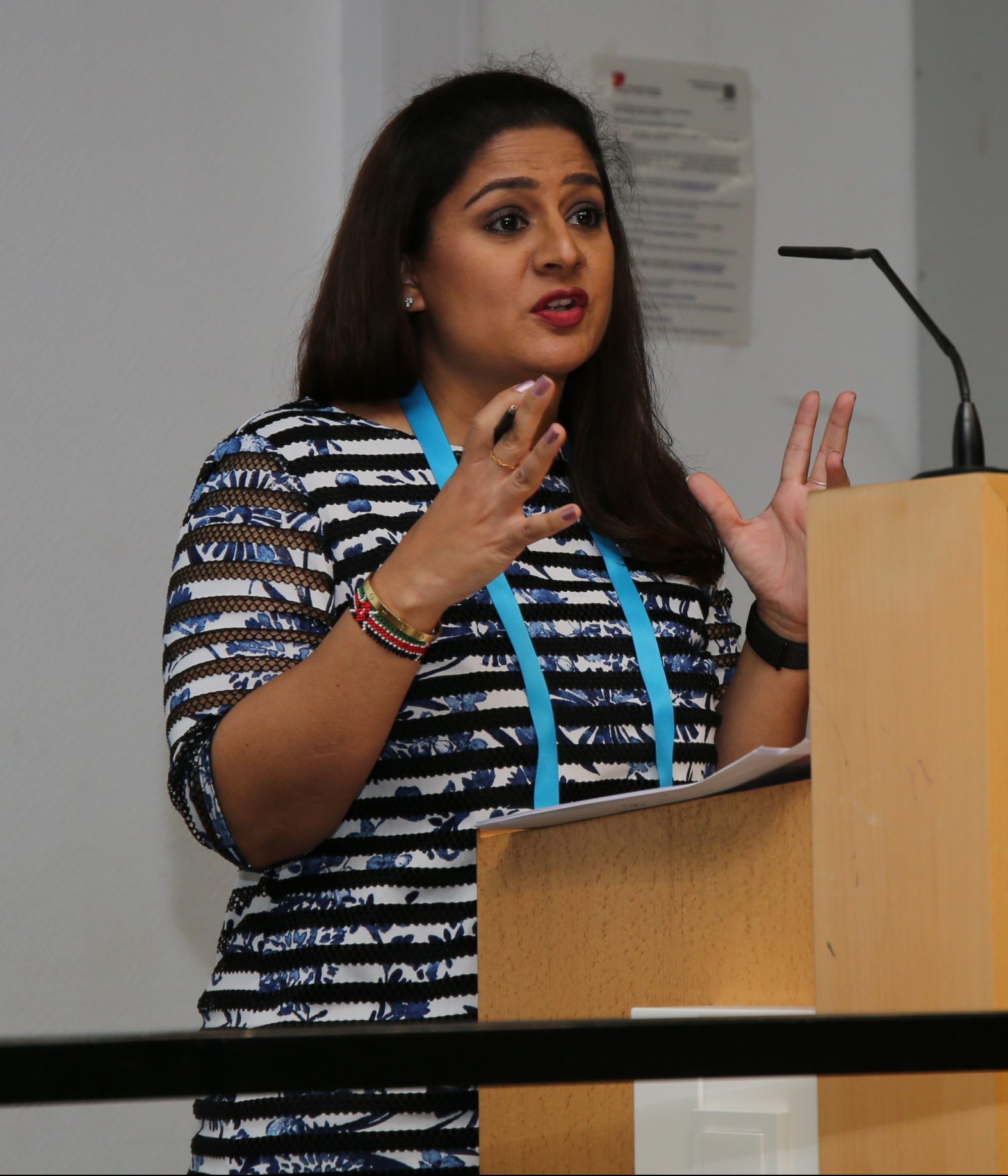
Dr Saneeya Qureshi
Head of Researcher Development and Culture at the University of Liverpool, UK
Dr Saneeya Qureshi was the Link Convenor of the Emerging Researchers Group for the European Educational Research Association (EERA) between 2015 - 2023. She is the Head of Researcher Development and Culture at the University of Liverpool, UK.
She is responsible for the University’s provision for researchers at all stages of their careers. She manages activities related to the University's European Commission's HR Excellence in Research Award, liaising with stakeholders regarding Liverpool's commitment to the development of its Early Career Researchers. She holds a PhD in Inclusive Education, and has over 15 years of experience in teaching and educational management in the UK and internationally.
Since 2015, Dr Qureshi has been a co-opted member of the EERA Council where she represents emerging researchers' interests. She leads an annual programme of EERA's developmental and capacity building activities for emerging researchers, including the annual Emerging Researchers Conference. She is also an Editorial Board member and a reviewer for several international educational journals. She can be found on Twitter @SaneeyaQ

